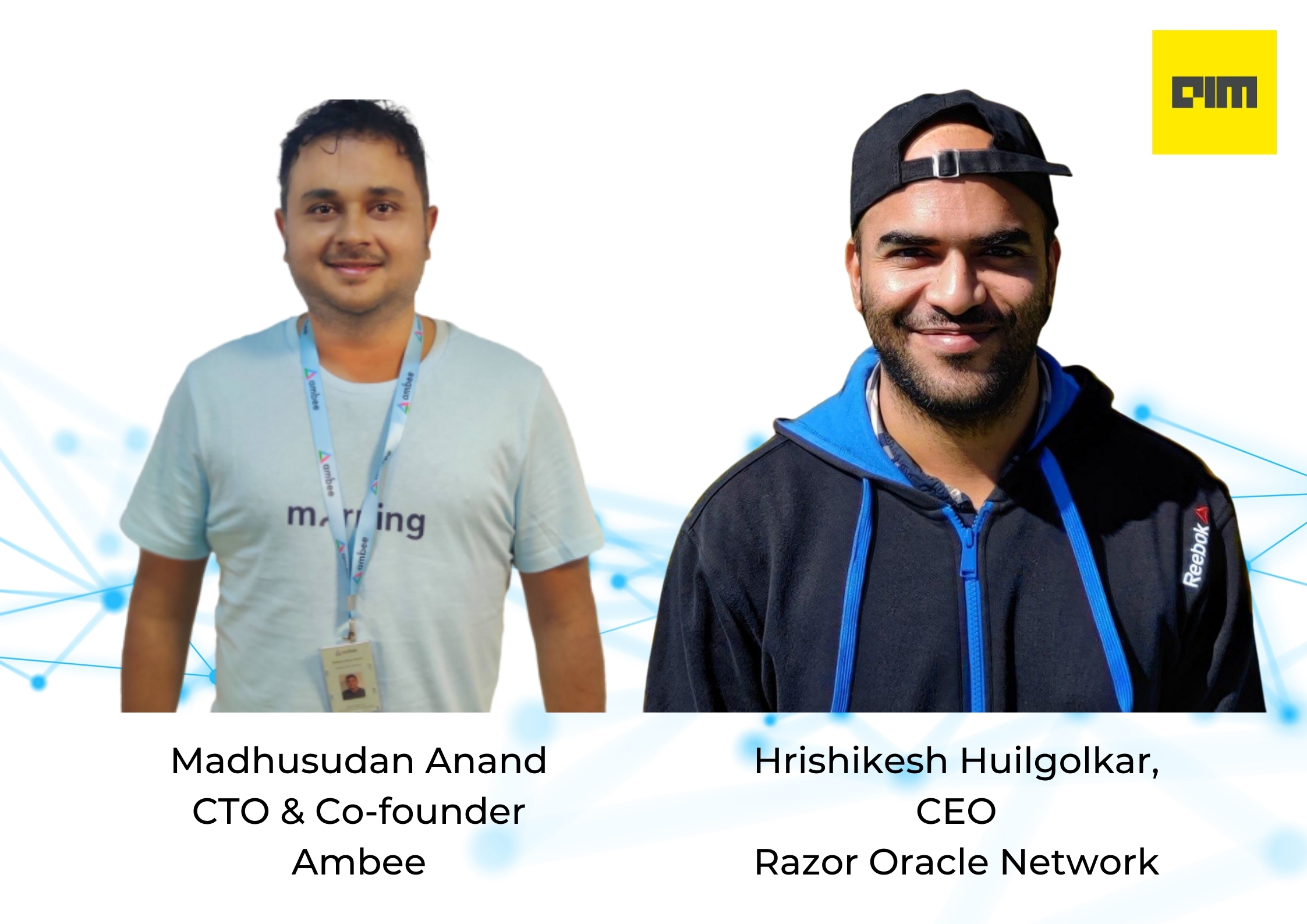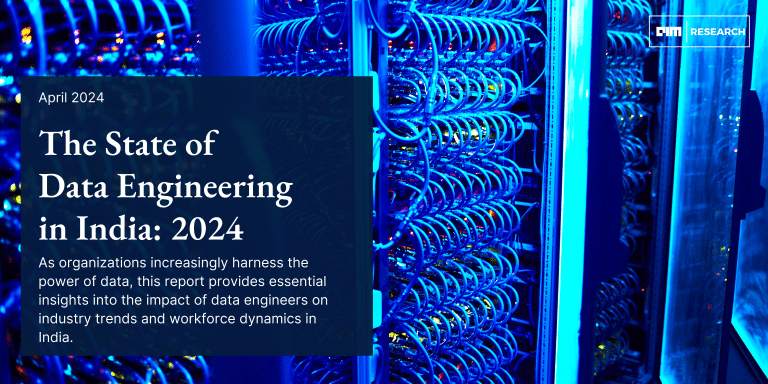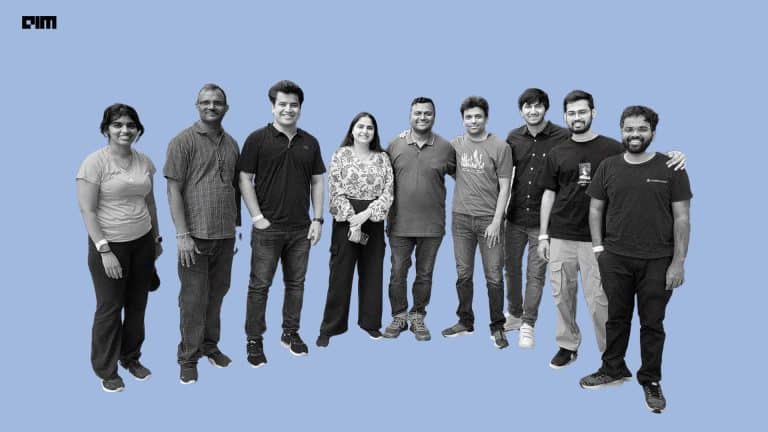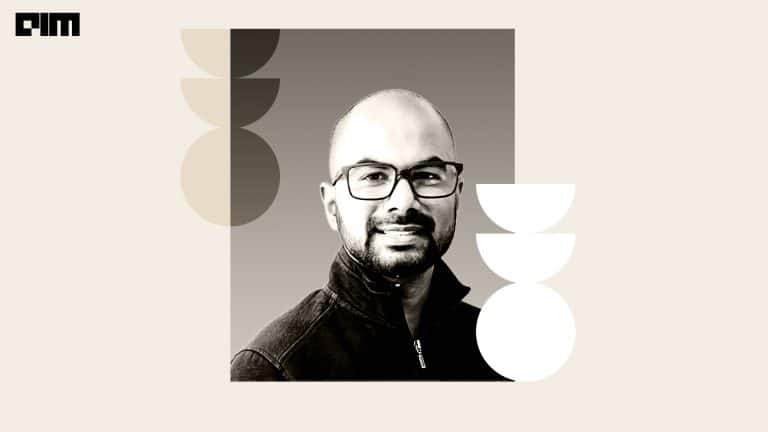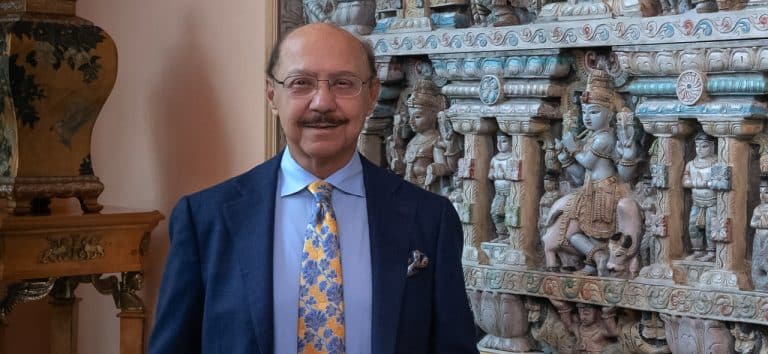Blockchain technology, when fed with accurate and reliable data, can do wonders. This is precisely what we are witnessing with two Indian startup companies — Ambee and Razor Oracle Network that announced a recent partnership to develop a range of blockchain applications. The two companies have come together for a cause — to provide reliable environmental data to blockchain applications and support APIs for air quality, weather, pollen, fire, soil, water vapour and more.
The data generated with regards to hazardous fluctuations in the environment are typically neither verifiable nor tamper-proof. Alongside, such data has never been publicly available and, most importantly, not scalable.
While Razor Network is a completely decentralised blockchain agnostic Oracle network for smart contracts, Ambee builds hyperlocal environmental data and intelligence in real time across the world. Thus, this partnership will help developers from environmental blockchain startups build a range of applications on leading blockchain platforms and come out with unique solutions for businesses affected by environmental factors and climate change.
Analytics India Magazine sat down with Madhusudan Anand, CTO and Co-founder at Ambee; and Hrishikesh Huilgolkar, CEO, Razor Oracle Network, to discuss the coming together of two startups, challenges faced, and how the partnership can provide long-term solutions.
Edited Excerpts —
AIM: How did Ambee and Razor Network come across the idea of this partnership?
Madhusudan Anand: We aim to democratise the availability of data and make a difference. The integration with Razor Network will help us provide accurate and reliable environmental data to blockchain applications and their users.
Hrishikesh Huilgolkar: We are here to bridge the gap between blockchain platforms and real-world data. Applications on the blockchain platforms require a variety of data to function, which is not available readily. However, we do need accurate and reliable data providers to make this data available to the blockchain. Hence to make a variety of trustworthy real-time data available to our clients, we partnered with Ambee.
AIM: What are the key challenges you faced, from the very point of initiation till the signing of this agreement?
Madhusudan Anand: Given that this is a first-of-its-kind partnership, the decision itself wasn’t easy as we had to research market viability as well as applications of this for deeper problem-solving. The integration was challenging.
Decoupling traditional authentication methods to align with blockchain architecture and building a flexible data infrastructure layer without compromising user experience, response time, and quality of service were the key challenges before us.
AIM: Which all data you collect and how?
Madhusudan Anand: We build hyperlocal environmental data and intelligence in real-time. Using proprietary data science, Ambee provides location-specific, real-time data and actionable insights on air quality, weather, pollen, and various other environmental factors, to be consumed by business and administrators worldwide.
AIM: How is the use of blockchain technology, helping you to come out with solid solutions?
Madhusudan Anand: The incorporation of environmental data in blockchain applications addresses multiple ecological challenges and helps fight climate change. It can be used to ensure supply chain transparency in claims made by companies on environmental impact, as well as encourage citizens through financial rewards to adopt environmentally friendly practices.
The technology can help understand the primary reasons behind the increase in temperature and track greenhouse gas emissions at a postcode level. In addition to this, in agriculture, weather and soil data can be used for forecasting yield, better crop management, and measuring risks associated with extreme weather conditions.
AIM: What benefits can be expected to post the partnership?
Madhusudan Anand: Many use cases in natural resource management, validation to claims of reduced environmental impacts and support for environmentally sustainable actions are some of the many possibilities that the partnership can explore in the future. By entrusting a decentralised network, instead of a central institution, Blockchain technology has the potential to reconfigure the way users allocate, protect and transfer their assets or services, especially in an ecosystem such as air quality data and pollutant trends.
Hrishikesh Huilgolkar: The speed of industrial consumption and needs will always be more than the rate of rejuvenation. By making micro geographical level data available in real-time to blockchain applications, we will see novel ways to solve the problems arising from excessive damage to resources and increasing toxic and waste excretion across the industries. Some examples may include prediction markets to predict or hedge pollution levels, decentralised insurance based on the environment, such as decentralised crop insurance, etc.
AIM: How does this pave the way for more opportunities in other areas?
Madhusudan Anand: As per a report, the global blockchain in the agriculture market will grow at 45.13% from $57.4 million in 2019 to $518.7 million in 2027; the segment seems more promising for new endeavours. One of the several applications is the use of agri-weather data for agriculture in the blockchain, boosting the decision-making abilities – thereby transforming the global agricultural and food industry.
Hrishikesh Huilgolkar: We will start with bridging data provided by Ambee with one blockchain, but over time we will be making it available to our 12+ blockchain partners. With the availability of quality data, we can see applications having a profound impact on the climate change problems, both at the micro and macro level, including— decentralised carbon credits trading on the blockchain; solar energy credits, sunlight availability insurance; derivative financial products based on various environmental data, etc.
AIM: How other tech-startups can also collaborate with you to build more B2B solutions?
Madhusudan Anand: We are here to simplify business processes, and with accurate environmental intelligence and blockchain technology, startups from a plethora of fields such as food safety, climate accounting, to supply chain management can leverage data to implement practical solutions and make informed decisions. Hrishikesh Huilgolkar: Since climate change and other environmental challenges are too big to solve for a single startup; we encourage other startups to also collaborate with us so we can share our research and build better solutions. Solving such a problem will require technological collaboration from different companies across industries.


